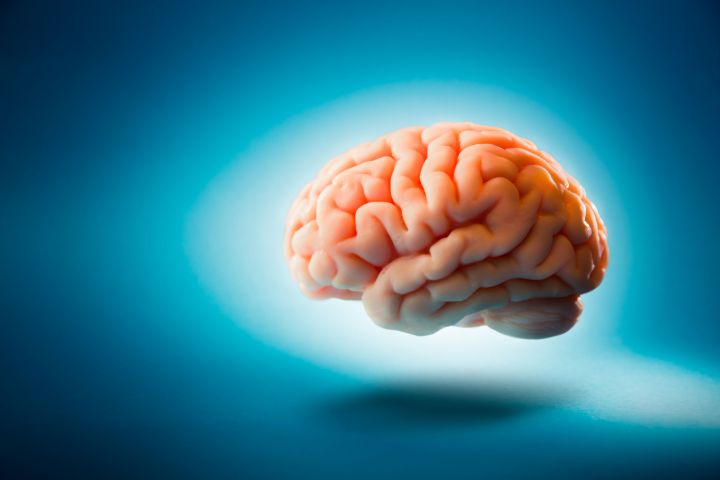
Herr and his team are using a neural network, a software application that will interpret brain waves. In this system, the brain waves from a patient’s brain are fed into the neural network and analyzed by IBM proprietary hardware. Powering the software system is an experimental IBM chip called TrueNorth. The TrueNorth chip is built with an architecture that mirrors the human brain, making it is an efficient neural network.
The team envisions using the chip with an external computer, and eventually a wearable device, that will work alongside a brain implant. The implant would send EEG information to the TrueNorth device, which would then use the data to predict the possibility of an epileptic seizure. “We want to do this on a wearable system that you put on a subject — on a patient — and have it do analysis in real-time, 24/7,” said Harrer. “That’s the only way this technology will have an impact beyond cool research papers.” When a seizure-predicting brain wave pattern is detected, the system will be engineered to alert patients and doctors using a connected smartphone.
Using data obtained from earlier implant studies, the scientists expect they “will be be able to see deeper into the structure underlying the seizure activity.” Harrer and his team hope to use this information to refine the device so it can predict seizures in advance and even stop them before they occur. In this latter scenario, the artificial brain would compensate for the real brain which was malfunctioning.



